The 4 Pillars of Data Governance: Building a Foundation for Effective Data Management
Data governance is like the secret ingredient in a recipe for success. It sets the stage for top-notch data quality, ironclad security, and unwavering compliance. So, if businesses want to hit the bullseye with their data governance strategy, they need to focus on the four key pillars of data governance. In this blog post, we'll dive deep into each pillar and show you how they can pave the way for an efficient data governance framework.
Pillar 1: Data Quality Management
Data quality management forms the bedrock of a robust data governance strategy. Ensuring that data is accurate, consistent, and reliable is essential for making informed decisions and driving business growth. Organizations need to implement data profiling, validation, and cleansing processes to identify and rectify data issues proactively.
Pillar 2: Data Security and Compliance
Data security and compliance are paramount in an age where data breaches and privacy concerns are increasingly prevalent. This pillar revolves around establishing policies, procedures, and controls to safeguard sensitive information. Organizations must adhere to industry regulations and standards while securing data across its lifecycle.
Pillar 3: Data Lifecycle Management
The data lifecycle encompasses the creation, storage, usage, and disposal of data. Effective data governance requires a structured approach to managing data throughout its lifecycle, from data creation to archiving or deletion. Organizations must define data retention policies, and archival processes, and ensure data access aligns with business needs and regulatory requirements.
Pillar 4: Data Governance Organization and Accountability
A successful data governance program requires a well-defined organizational structure and clear accountability. This pillar involves establishing data governance committees, assigning data stewards, and defining roles and responsibilities. Data stewards act as custodians, responsible for data quality, security, and adherence to governance policies.
Empowering Effective Data Governance with Arkon Data Platform
Arkon Data offers a comprehensive solution to help organizations establish a robust data governance framework with the Arkon Data Platform. Let's explore some of the key features:
- Data Profiling and Cleansing: The Arkon Data Platform provides powerful data profiling capabilities to identify anomalies and inconsistencies. Automated data cleansing tools help rectify data quality issues, ensuring data accuracy.
- Data Security and Compliance: With Arkon Data Platform, businesses can enforce data access control, and monitor data usage to ensure compliance with industry regulations like GDPR, HIPAA, and more.
- Data Lifecycle Management: The platform facilitates seamless data lifecycle management, enabling organizations to define data retention policies, automate archival, and implement secure data disposal processes.
- Data Governance Collaboration: Arkon Data Platform fosters collaboration among data governance teams, facilitating seamless communication, and enabling efficient decision-making.
Conclusion
A robust data governance strategy is vital for organizations to harness the full potential of their data assets while maintaining security and compliance. The four pillars of data governance—data quality management, data security, and compliance, data lifecycle management, and data governance organization—are essential components of a practical governance framework.
To unlock the true value of your data and achieve data-driven success, partner with Arkon Data. Leverage the Arkon Data Platform to implement a data governance strategy that ensures data is reliable, secure, and aligned with your business objectives.
Schedule a demo today to see how Arkon Data can transform your data governance journey



